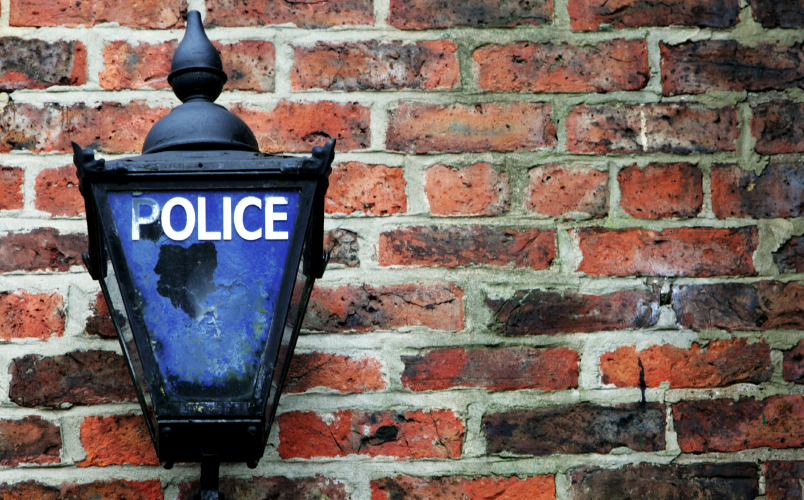A study by the Runnymede Trust has revealed that Black children are 6.5 times more likely to be strip searched by the police than white children, despite only making up 5.5% of the child population of England and Wales.
The study also looked at more localised rates and found that nearly half (47.7 per cent) of strip searches carried out on children in London are on Black children, making them 5.3 times more likely to be strip searched than white children.
The findings also showed a disproportionate use of strip searches on Black adults who are 4.7 times more likely to be strip searched by the police than white adults. There were particularly concerning figures found across ten police forces where strip searches were carried out on Black people at a rate of ten times higher than white people. In Sussex, a Black person was found to be 18 times more likely to be strip searched by the police than a white person.
People of other ethnicities were generally found to be subjected to an approximately equal or lower proportion of strip searches relative to their proportions of the population. However, the disproportionate rates of strip searches among Black people are widespread and exist across all police force areas.
The study by the Runnymede Trust was conducted in response to a Home Office consultation which arose due to the Child Q scandal, where a 15 year old Black girl was strip searched while on her period in her school after being wrongly accused of smelling of cannabis. The Metropolitan Police, who were at the centre of this, were found to have carried out a third of strip searches in England and Wales in 2023.
The CEO of the Runnymede Trust, Dr Shabna Begum, described strip searches against children as ‘invasive’ and ‘inherently violent, humiliating and harmful, especially for children.’ In anticipation of the general election, Dr Begum has called for a move away from policies which promote a ‘tough on crime’ stance as a ‘solution to social problems.’ Instead, Dr Begum suggests: ‘If we actually want to build safer communities and safeguard our children, we need to invest in our social infrastructure and ensure people have the opportunities and resources to thrive and flourish.’
These views are reflected in the conclusion of the report, where the Runnymede Trust advocates for a societal reorientation towards a ‘system rooted in care and the community,’ which focuses on investment in ‘community led projects, separate to the state, which aim to reduce harm within their communities through healthcare, education and accessible early years and youth service provision.’ The report calls for these measures to be fundamentally redesigned with a view to avoiding replication of the harmful discriminatory practices that are present in many of our current institutions.







